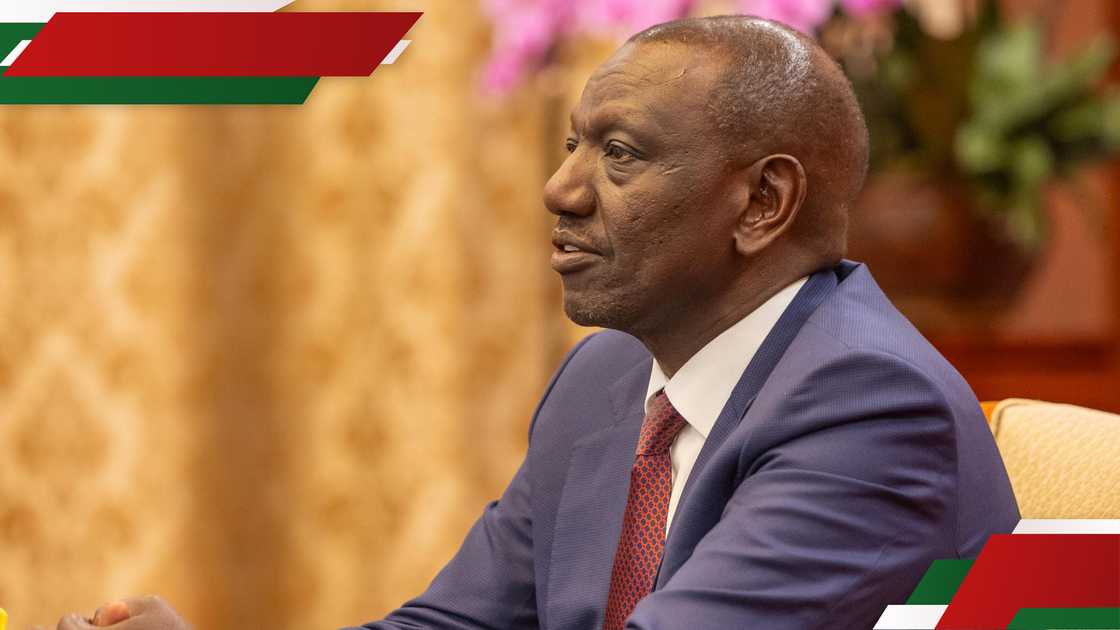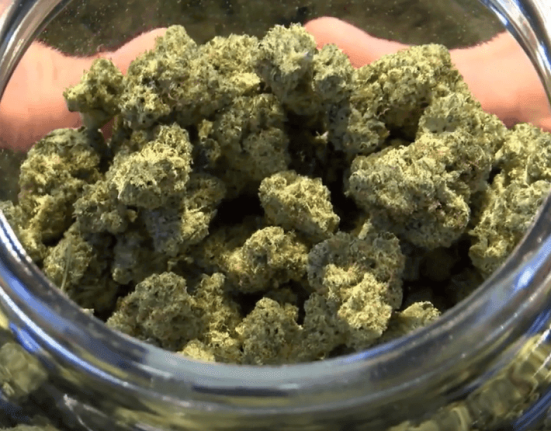- Treasury Cabinet Secretary (CS) John Mbadi welcomed the Finance Bill 2025 proposal to move some goods from the zero-rated to the tax-exempt schedule
- Mbadi said the Value Added Tax (VAT) Act amendment will reduce tax expenditures in the financial year 2025/26
- However, according to tax experts, the amendment could increase the consumer price of tax-exempt goods
- Speaking exclusively to TUKO.co.ke, Associate Director at Deloitte Kenya, Fred Kimotho, explained that suppliers of such goods are likely to pass the input VAT cost to consumers
The Finance Bill 2025 proposal to move some goods from zero-rated to tax-exempt could hurt Kenyan consumers.

Source: Twitter
President William Ruto’s Cabinet approved the new revenue-raising law on April 29, 2025.
Which Finance Bill 2025 proposal could hurt Kenyans?
Although the Bill, which awaits public participation and parliamentary approval, did not raise any taxes or introduce any new ones, some of the proposals are likely to increase the cost of goods.
The Bill proposed an amendment to the Value Added Tax (VAT) Act, seeking to change Section A, Schedule 1, by introducing some goods or raw materials from zero-rated to tax-exempt.
Some of the goods targeted are raw materials used to produce medicine, animal feeds, and electric motorcycle parts.
What zero-rated and tax-exempt mean
According to the Associate Director at Deloitte Kenya, Fred Kimotho, zero-rated goods do not attract output VAT but allow suppliers to claim input VAT from the Kenya Revenue Authority (KRA).
In the case of the tax-exempt bracket, the supplier of goods will neither charge output VAT nor claim input VAT from KRA.
“From a layman’s perspective, zero rating vs exempting goods may seem the same. However, an often-forgotten nuance of the VAT mechanism is the fact that VAT is traditionally meant to be a pass-through cost, borne by the final consumer. How this is applied is through the supplier’s ability to claim input VAT against output VAT.
“Where goods are zero-rated for VAT purposes, the supplier does not charge VAT on their outputs. They are, however, allowed to claim input VAT incurred. Conversely, where goods are exempt, whilst the supplier does not charge VAT on their outputs, they are restricted from claiming input VAT,” Kimotho explained in an exclusive interview with TUKO.co.ke.
What’s the impact of moving from zero-rated to tax-exempt?
Kimotho explained that suppliers of tax-exempt goods are likely to pass the input VAT cost to the final consumers.
He said the cost is covered when the prices of the final product in the market are raised.
“The implication of this on the supplier is that they bear the VAT cost of their inputs and, as such, may likely pass this cost down to the final consumer through increased prices. From a consumer perspective, exempting goods would likely trigger an increase in consumer prices,” he noted.
Speaking exclusively to TUKO.co.ke, Associate Partner at PKF, Patrick Kuria, confirmed that the end result in the tax-exempt schedule is an increase in consumer prices.
Kuria said that whether it is the producer or seller of the final product, they will want to cover the input cost incurred.
“The proposal to exempt the said goods will mean that the VAT input being claimed will have to be part of the cost of producing or making the goods available for sale. Therefore, the producers/sellers will have to adjust the selling prices of such goods upwards,” said Kuria.

Source: Twitter
What John Mbadi said about the Finance Bill proposal
Meanwhile, Treasury Cabinet Secretary (CS) John Mbadi argued that the proposal to move goods from zero-rated to tax-exempt will reduce fictitious tax refunds.
Mbadi noted that the country has been losing billions of shillings paying firms and suppliers claiming input tax.
The CS noted that the amendment will not have an impact on the final consumer price.
Source: TUKO.co.ke







